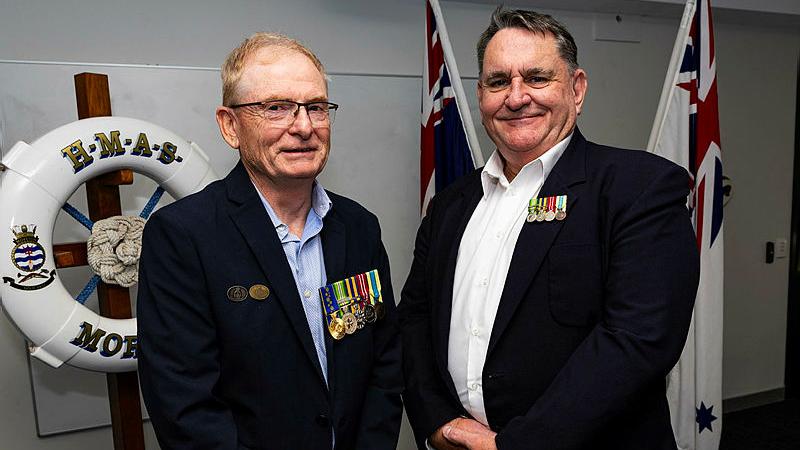The Royal Australian College of General Practitioners (RACGP) has welcomed new data showing a 2.1% increase in bulk billing for vulnerable patients nationally as evidence that boosting patients’ Medicare subsidies gets results.
RACGP President Dr Nicole Higgins welcomed the news on Medicare’s 40th birthday.
“We called last year’s Budget a gamechanger because it was the biggest investment in general practice care in decades. And funding gets results,” she said.
“Now we have the data to show it – a 2.1% increase in bulk billing nationally since the government’s tripling of bulk billing incentives for healthcare card holders, pensioners and children went live in November. And bigger increases in some places, including 5.7% in Tasmania, and more than 4% in regional Queensland. Some of the highest increases are in regional areas, which reflects the higher bulk billing incentives for vulnerable patients in regional Australia.
“The RACGP called for the tripling of the bulk billing incentives to provide urgently needed relief to the most at-risk people in Australia, who are being squeezed from all sides with the cost-of-living crisis.
“Last year’s Budget was the first step to strengthen Medicare. There is still a long way to go to repair the decades of cuts and neglect.
“Today Medicare turns 40. This is Australia’s public health insurance scheme, and it changed the course of health in our country. It’s why we have higher life expectancy and better health than many comparable countries, like the US.
“When Medicare started in 1984, it was designed to subsidise the costs of patient care for Australians by about 85%, and the patient paid the rest, which is the gap fee. Many Australians don’t realise Medicare rebates belong to the patient – it’s a subsidy, to help pay for your care.
“But after all the cuts and underfunding, the gap between patients’ rebates and the full costs of patient care has grown too wide. This is why our hospitals are under pressure, because when people can’t afford the care they need, they get sicker, and it ends up costing governments and taxpayers much more.
“I look forward to continuing to work with the government on further health reforms and strengthening Medicare to better meet the needs of patients today, and in the future. We can and should make our health system more cost-effective and ensure all Australians can access affordable care from a GP to live healthier and longer.”
~







